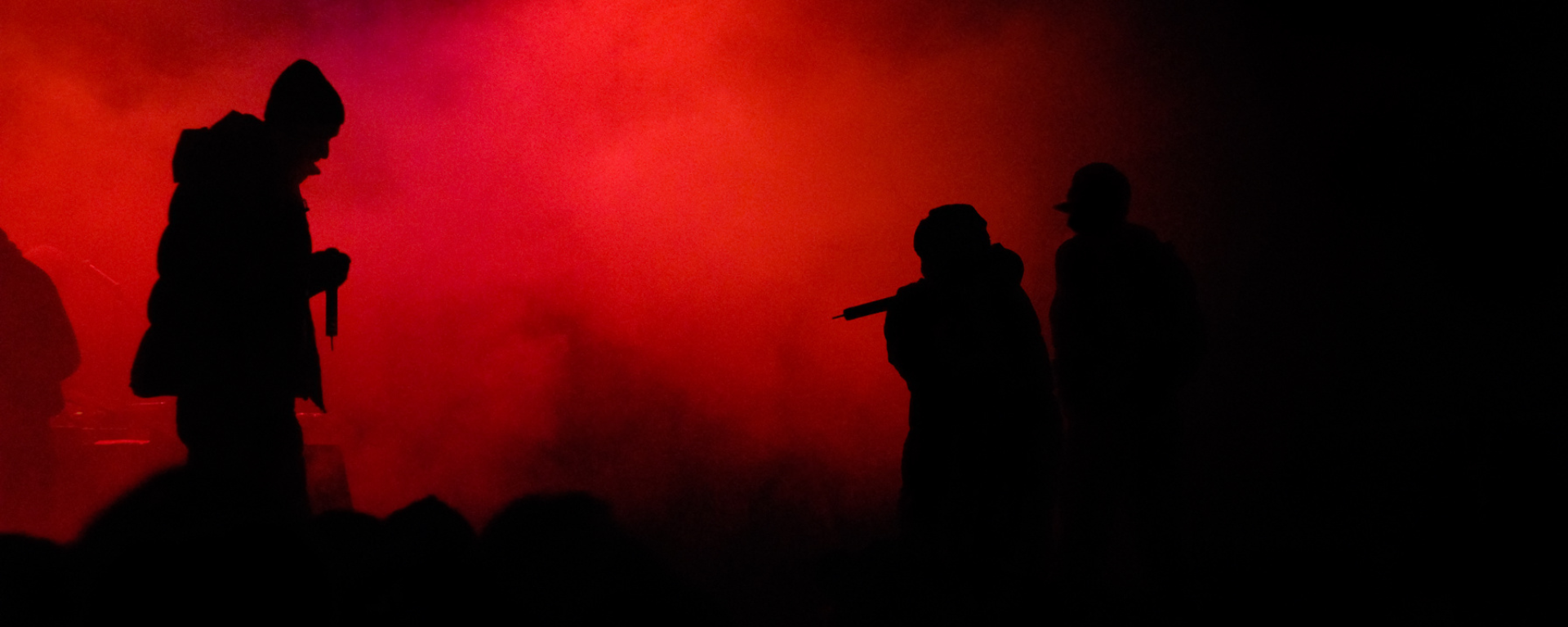Rapping live on stage can be a nerve-wracking experience, but with the right preparation and mindset, you can deliver a professional and memorable performance. Here are some tips from a professional rapper’s perspective on how to rap your lyrics live on a professional level:
1. Practice, practice, practice
The key to a great live performance is practice. Rehearse your lyrics until you have them memorized and can perform them without looking at your notes. Additionally, practice your stage presence, including your stage movements, facial expressions, and hand gestures.
2. Learn to control your nerves
Being nervous on stage is normal, but it’s important to learn how to control those nerves. One way to do this is by taking deep breaths and focusing on your breathing. Another way is to visualize yourself delivering a great performance.
3. Engage with the audience
One of the most important aspects of a live performance is engaging with your audience. Make eye contact with them, interact with them, and involve them in your performance. This will help to build a connection with them and make your performance more memorable.
4. Use a microphone
A microphone is an essential tool for any live rapper. It helps to amplify your voice and makes it easier for the audience to hear you. Additionally, it allows you to add different effects to your voice, such as reverb, echo, and distortion, which can add depth and dimension to your performance.
5. Use body language
Your body language can play a big role in how you come across on stage. Use your body to express the emotion of your lyrics and to connect with the audience. For example, use hand gestures to emphasize important words or use movement to convey a sense of energy.
6. Be Authentic
Be true to yourself and your art. Don’t try to be someone else on stage. The audience can tell when you’re being fake or when you’re trying too hard to be something you’re not. Instead, be true to yourself and your style, and the audience will appreciate it.
7. Have a Backup Plan
Sometimes things don’t go as planned. For example, you might forget your lyrics or your microphone might fail. Having a backup plan in place will help you to handle these situations professionally and avoid any major disruptions to your performance.

